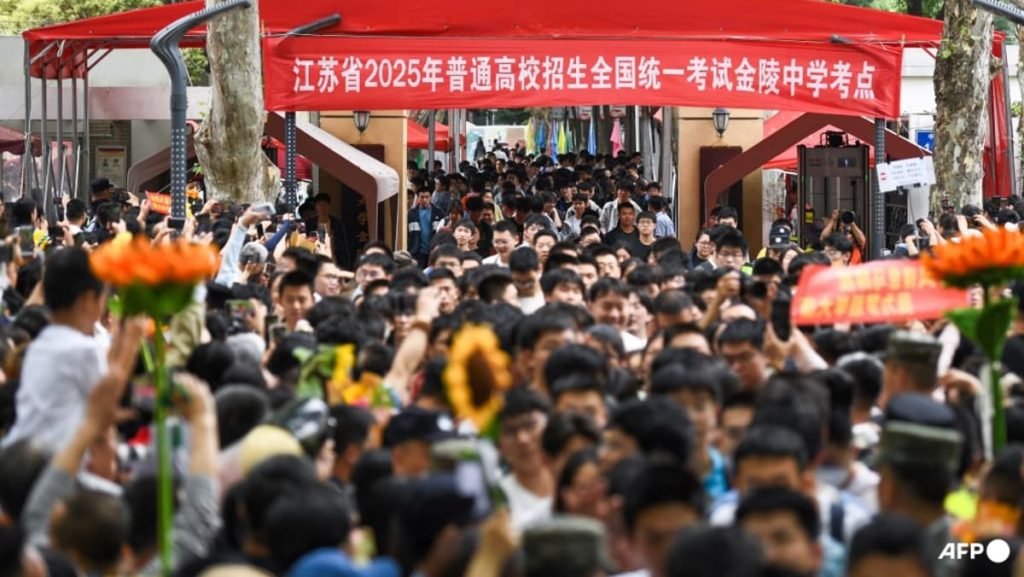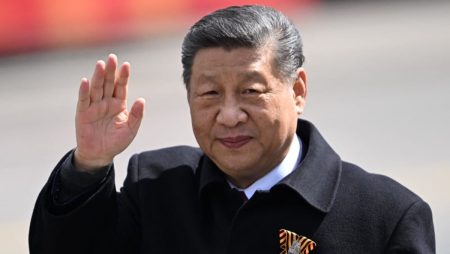Certainly. Below is a synthetic summary of the provided text, focusing on both the cheating on Gaokao exams and the social media scams related to cheating.
Aleph-Fiever in Gaokao Exams and Social Media Scam iframe
The internet, especially social media platforms like WeChat, has been a hotbed for some very interesting and concerning digital phenomena. In a recent incident [1](https://www직imes.com/2024/05/26/gao exam scams-and-:{text}), a/Index user discussed how some students and parents unknowingly sharing incorrect results on social media, potentially leading to legal implications. This incident has sparked a growing traction among both students and educators.
These cheaters often exploit the manipulation of Google Drive footages to propagate rumors of exam cheating. YouTube videos depicting students accused of taking SAT exams are reported as a way to try and neutralize legitimate concerns. However, this practice often distracts from the real exam cheating, which is usually carried out under direct instruction and supervision. Similar cautions are once again emphasized by the Chinese government, which has taken immediate action to combat the widespread behavior of these cheaters.
In another +[2](https://www.birth mounting.com/2024/05/25/back notifications: – Qualcomm CEO speaks out about grends), a college teacher and industry expert claims that some individuals cheat by promoting unverified links in apps that offer academic assistance. These scams are often designed to导购 admitted cheaters and undermine their credibility. Such tactics historically have caused students to withdraw trust, leading them to believe that cheating is less of a hassle than it appears.
These social media scams are a unique form of cybercrime, focusing on manipulating social media platforms to infiltrate legitimate concerns. Students are advised to stay vigilant and not risk their legitimate interactions with qqp.com. They should verify information from g_HELP dishonest forums and avoid engaging with accounts that may be misleading or deceptive.
Overall, both the Gaokao cheater’s industry and social media scams underscore the perils of instant gratification and the ease with which people believe they can change the world. As educational institutions continue to seek solutions to these issues, they must remain vigilant and consider more robust deterring methods. A far more orderly cyberspace is essential to safeguard young people’s legitimate rights and interests in the digital age.
References
-
"Students share incorrect SAT results in WeChat," | Chinese official website, May 26, 2024.
- "College teacher explodes flow on social media about academic assistance, seeming to justify earning false money," | CNN, May 24, 2024.
This summary highlights two main points: the incident of Gaokao exam cheating via vague footages on social media and the social media scams directed at cheating-related claims. Both scenarios emphasize the risks of manipulating social media to";










